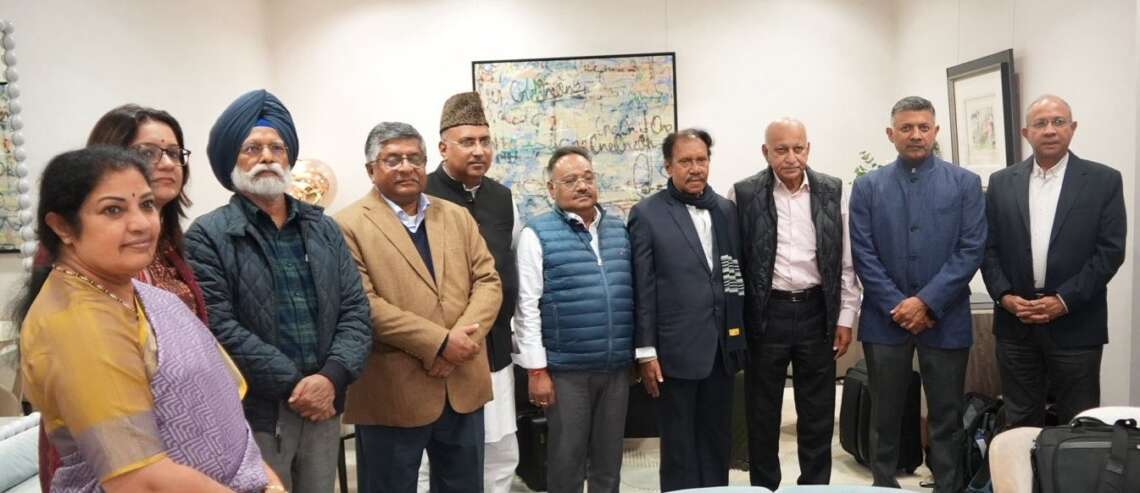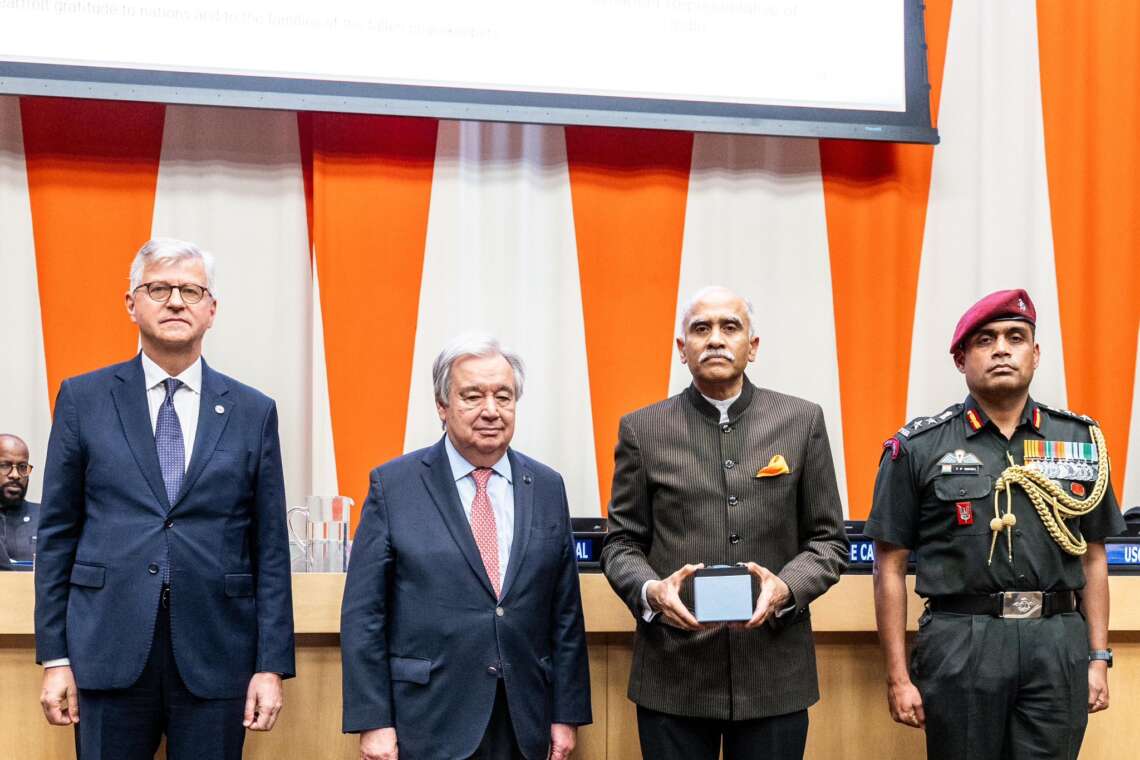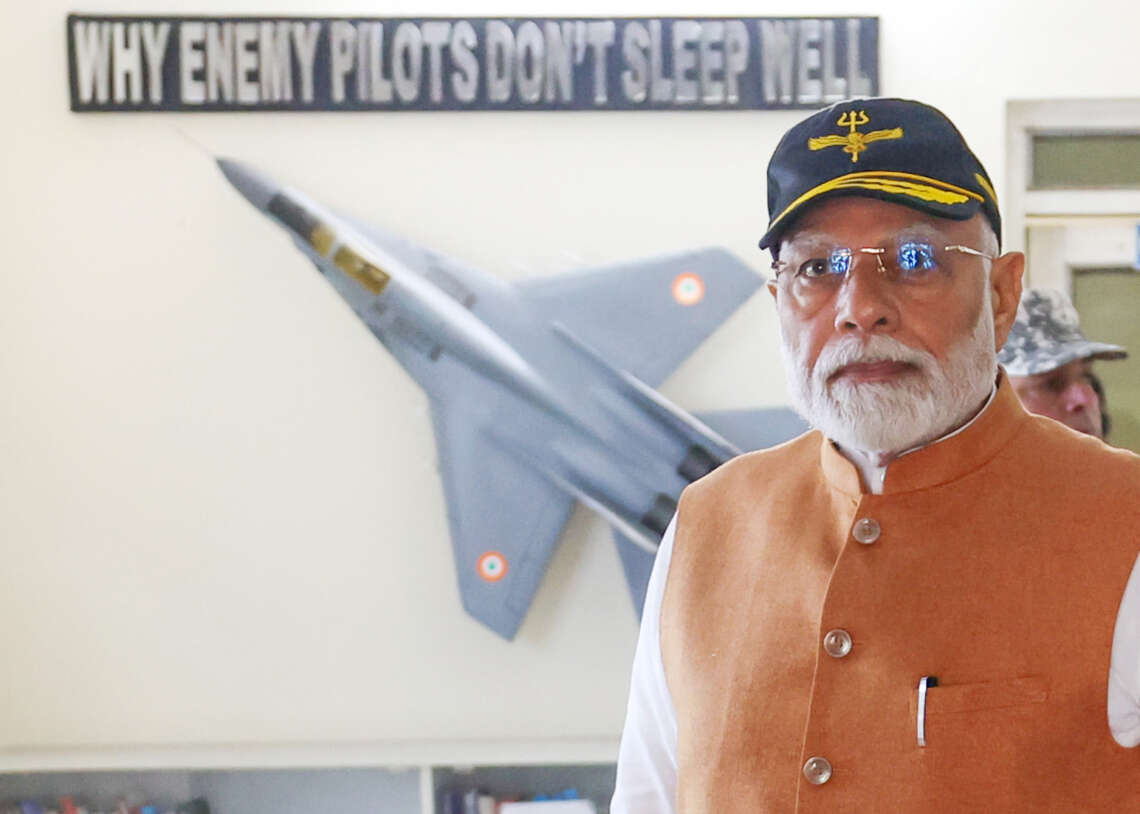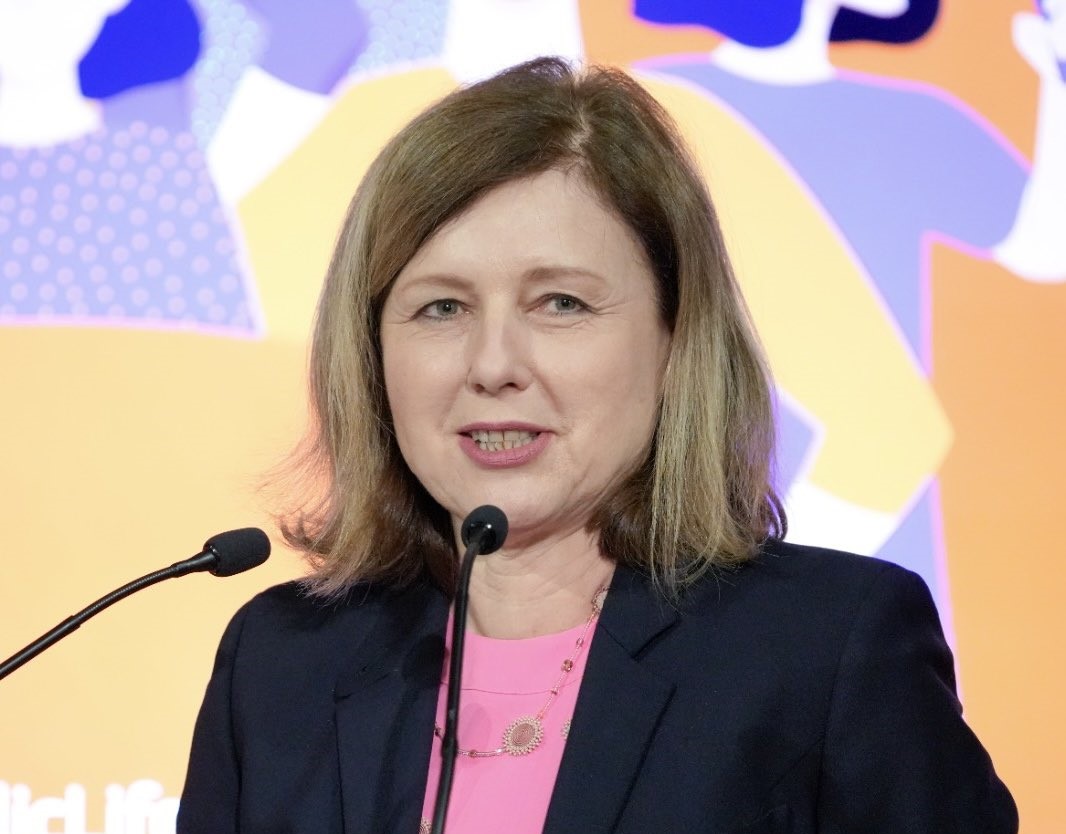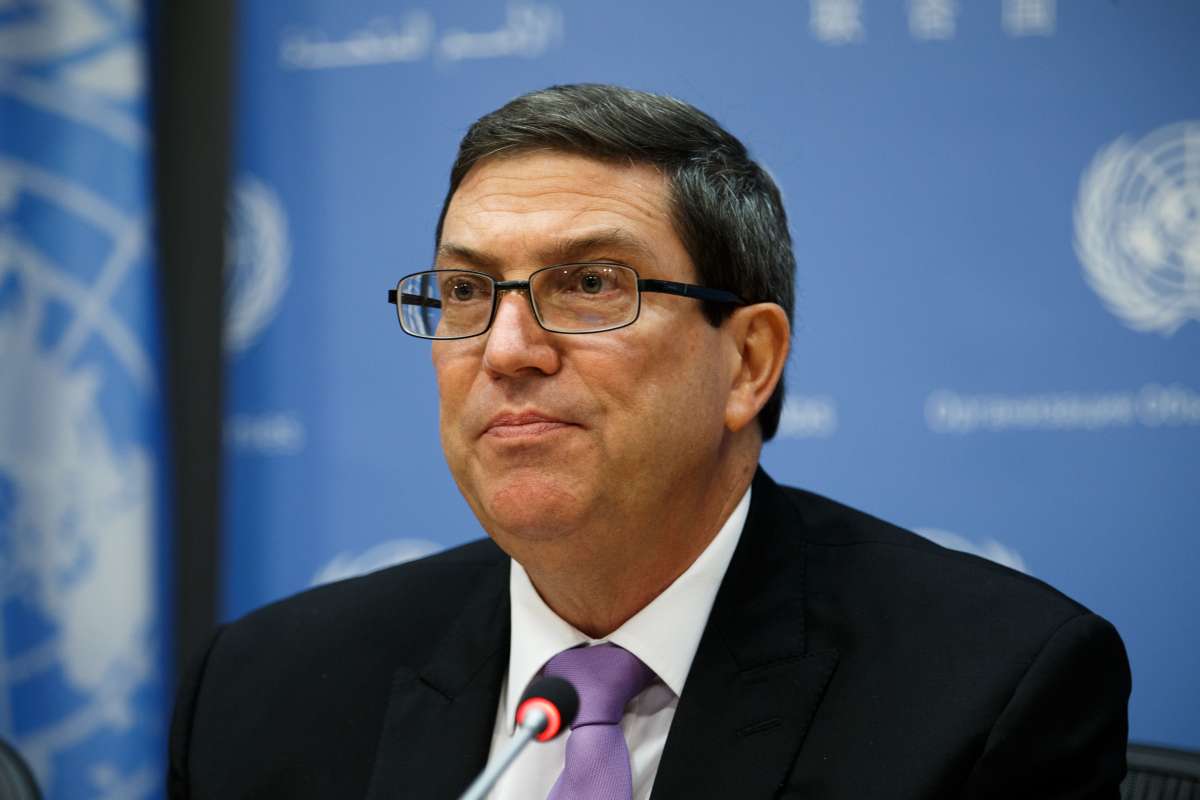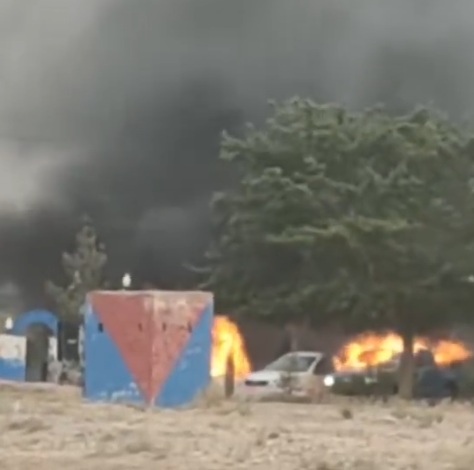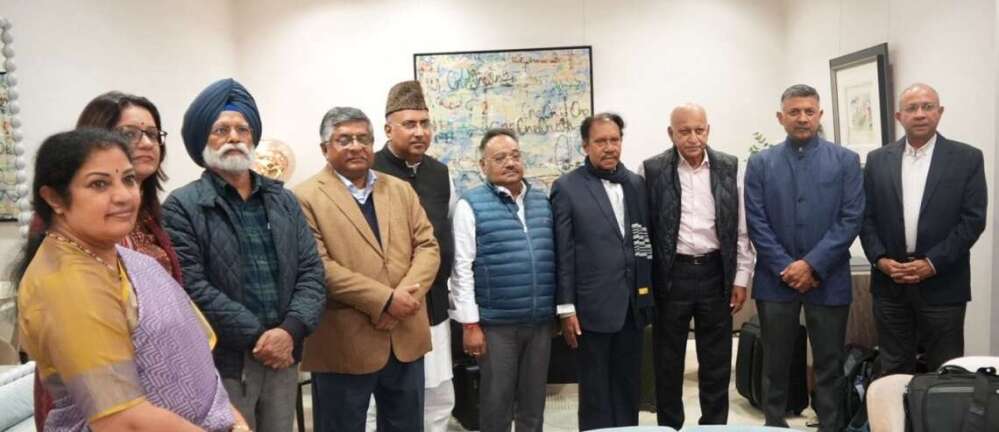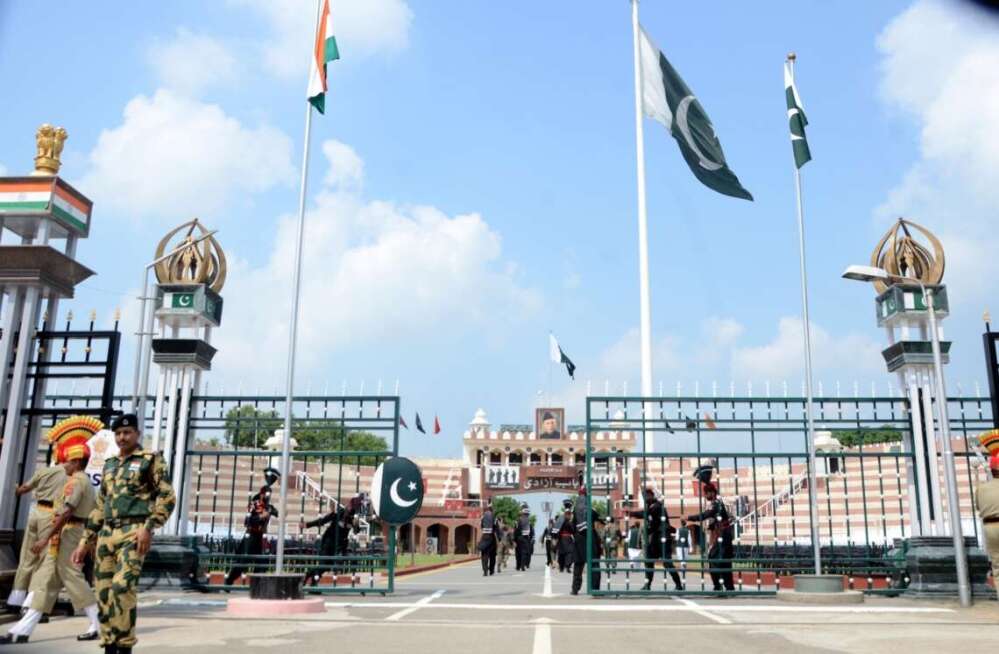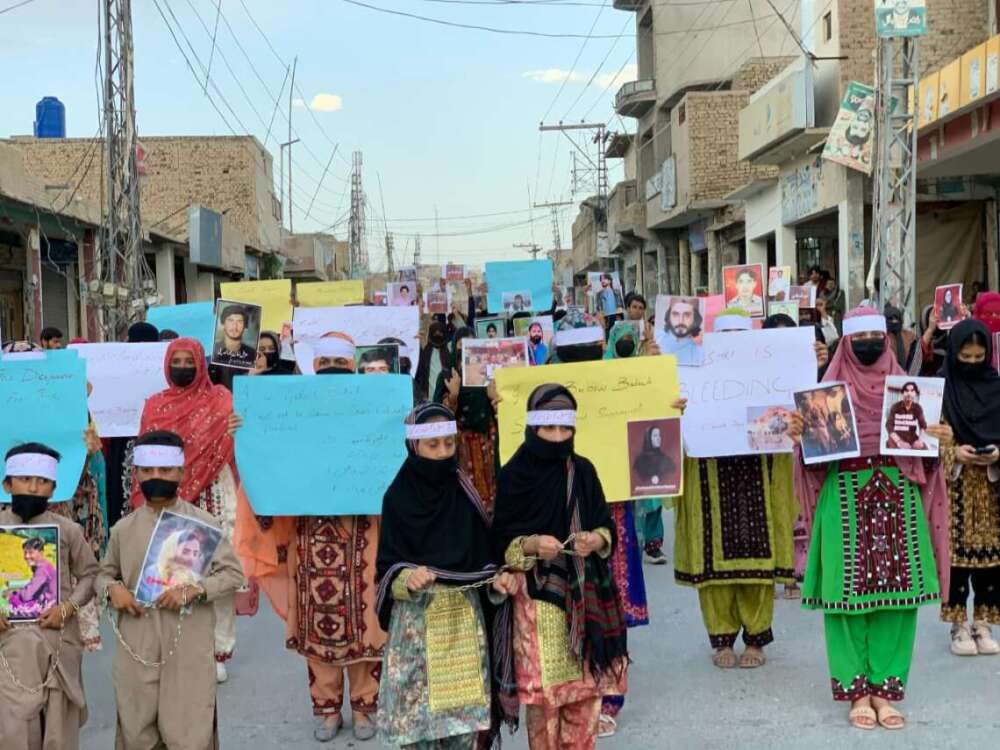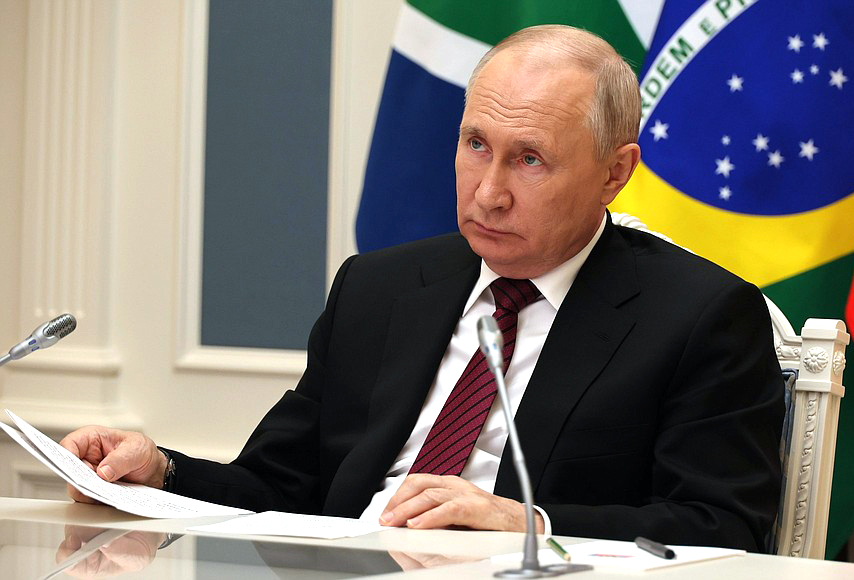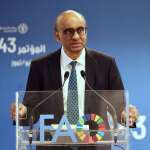On the economic front, the UK India Business Council (UKIBC) also welcomed the sense of stability and continuity the general election results have delivered for the business and industry…reports Asian Lite News
As the results of India’s mammoth general election were tallied on Tuesday, the overwhelming theme among UK-based strategic experts and poll watchers was one of high praise for the country’s “thriving and flourishing” democratic process.
While Prime Minister Narendra Modi-led Bharatiya Janata Party is on course for a historic third term, the strong performance of the Opposition INDIA alliance and other regional parties was a theme that stood out for most.
On the India-UK front, the July 4 UK general elections are expected to fully set the future course for bilateral relations, resulting in a few new sets of factors playing out amid a broad sense of continuity.
“There were initial concerns over the electoral process in India and these concerns have now been overcome by the results that we’ve seen – that there is a thriving and flourishing electoral democratic process in India,” said Rahul Roy-Chaudhury, Senior Fellow for South and Central Asian Defence, Strategy and Diplomacy at the London-based think tank International Institute for Strategic Studies (IISS) said.
“Within the Indian political setup, the Opposition parties have done better than anyone expected, and they will provide a strong Opposition to the Modi 3.0 government. In bilateral terms, this means there will be more attempts at checks and balances on India’s foreign policy, including in relation to the UK,” he said.
“So, what we have today is a relatively new set of factors that will be influential and impactful in determining the relationship between India and the UK, though we’ll have to see what patterns and decision-making structures take place on the UK side after the fourth of July,” he noted.
A key aspect to be watched under the two newly elected governments would be the India-UK free trade agreement (FTA), which the strategic expert believes will be on the top of the in-trays for both amid a “large degree of continuity” for the wider Indo-Pacific region.
“The FTA has been negotiated intensely, with over 14 rounds of negotiation, and that is very close to being concluded. But, of course, the Indian elections meant it has not been able to and now we’ve got the elections over here in the UK in exactly a month’s time.
“But once those elections are over, hopefully that free trade agreement will be concluded,” said Lord Karan Bilimoria, Founder of Cobra Beer, who has just returned from an India visit in his capacity as Chancellor of the University of Birmingham said.
“An FTA will be good news for UK-India trade which has been increasing in a very healthy manner and is now almost 40 billion pounds a year, doing well but should be much higher than that – more than double that figure. India’s special relationship with the UK means we have a lot to look forward to in increasing bilateral trade, business and investment both ways,” he said.
On the economic front, the UK India Business Council (UKIBC) also welcomed the sense of stability and continuity the general election results have delivered for the business and industry.
“Businesses like the continuity, they like the stability, but they are not looking for things to remain static in India. They want and they expect change. And Mr Modi talks about ‘reform, perform and transform’ and businesses are looking forward to that transformation as India continues its journey towards being a developed nation by 2047,” UKIBC Managing Director Kevin McCole said.
“On trade specifically, there is a stated objective to conclude the UK-India FTA negotiations within those first 100 days. Now, the fact that the UK government will re-form early in July means the first 30 days of that might not be accessible, but certainly within that period – July, August, September – hopefully UK and India negotiators could get back around the table and be able to accelerate and complete those FTA negotiations, maybe by Diwali this year,” he said, alluding to the missed Diwali 2022 deadline set by the Boris Johnson led government.
Siddharth Shankar, UK-based CEO of consumer brands company Tails Group Plc which works within the India-UK corridor, described the Indian general election results as a “significant milestone” that heralds a new era of robust economic growth and dynamic international relations.
“For Indian industry, Modi’s victory ensures continuity in the implementation of policies like Make in India, Digital India, and Startup India, which are pivotal in fostering innovation, enhancing productivity, and attracting foreign investment.
“His government’s focus on ease of doing business, coupled with significant tax reforms, is poised to create a conducive environment for both established companies and emerging enterprises, driving sustainable economic growth and job creation,” he said.
“Furthermore, Modi’s re-election is a positive development for UK-India relations. With a renewed mandate, there is potential for deepening trade ties, expanding investment opportunities, and strengthening bilateral cooperation in key sectors such as technology, education, and healthcare,” he added.
ALSO READ-Blow to Sunak as Brexit champ Farage announces candidacy



